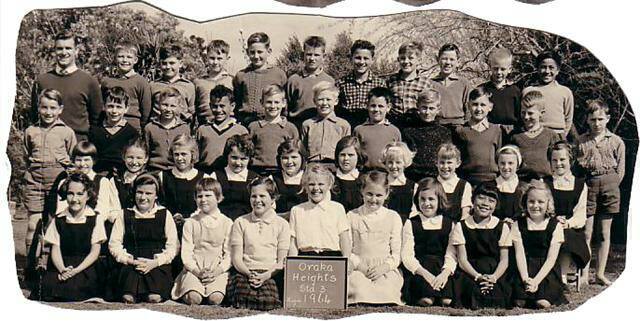OPINION
Gary Moller
A reader wrote, asking:
“I am curious about the survey conducted. I am wondering if there were any other factors that may have affected the results. This thought arises because I am starting to question if the vaccine, and other drugs are influencing other health studies and producing misleading responses and outcomes. Is it possible that this is misinformation aimed at obscuring the current “unexplainable” rise in heart attacks? Is the world media and the Big Pharma gods behind this as an attempt to whitewash what is really killing people by shutting down the heart!
What is your opinion on this?”
Here’s the article and study he is referring to:
“Limiting mealtimes to a period of just eight hours a day was linked to a 91% increase in risk of death from heart disease..”
“Lifestyle interventions aimed at weight loss have come under scrutiny as a new generation of drugs help people shed pounds.”
https://fortune.com/well/2024/03/18/how-healthy-intermittent-fasting-heart-disease-study-91-percent-risk/
Please take a few minutes to watch this video:
Gary:
First, you don’t need to be a medical expert to know this study is rubbish. All you need is half a brain, some common sense, and a basic understanding of human existence over the centuries.
During my youth, I’d begin each day by engaging in several hours of strenuous labour, specifically milking cows while in a state of fasting. It did me no harm while instilling in me the benefits of hard work and stickability. I’m now in my 70’s and my heart continues to beat strongly, despite going hungry many mornings in a row. I wonder why I’m not dead? Does it have something to do with the way I eat?
In the absence of modern appliances during earlier times – things like stoves and refrigerators – people had to first tend to preparing the fire in the early morning, while others were occupied with activities such as fishing, hunting, or tending to gardens. By the time they gathered, prepared, and cooked their food, it was already close to lunchtime. In places like Papua New Guinea and the Pacific Islands, it was customary to have just one main meal per day — usually at midday — and leftovers in the evening. Snacking between meals was uncommon, and there were no readily available snacks like muesli bars or sugary energy drinks. Supermarkets didn’t exist, and people were typically strong and lean, with obesity being a rarity. It was normal to work hard for hours on end without sustenance, only to have a simple lunch and a hearty dinner in the evening.
The idea of breakfast being the most important meal of the day was a concept created by the food industry, driven by the convenience of a new product known as cornflakes. It’s said that Dr. James Kellogg, founder of the Sanitarium Health Food Company, used cornflakes as a remedy in his health clinic (sanitorium), claiming that it could suppress the sexual urges of young, unmarried men. Eventually, this cereal became marketed as a quick and easy breakfast option, leading to the now billion-dollar breakfast cereal industry.
Here’s the thing: If fasting for several hours at a time is somehow mysteriously damaging for the hearts of young people, then where are all the deaths by heart attacks during pre-industrial times? They just don’t exist. It’s research rubbish, but why are we seeing these kinds of reports?
I think our reader is on the money when he wonders if it might be Big Pharma, Big Medicine, and their political and media sycophants, attempting to obfuscate the real causes of the alarming upsurge in heart attacks affecting young men and women — people of all ages, just not young people. The smoking gun is mRNA spike protein-generating jabs.
garymoller.com/post/why-do-jabbed-people-get-sick-and-die
One more possibility motivating these attempts to put people off healthy eating is the huge push by Big Pharma, celebrities like Oprah Winfrey and your family doctor, who are all enthusiastically pushing the new generation of injectable hormone weight loss drugs. These drugs come with a lengthening list of horrific side effects, with the only assured benefit being the possibility of saving a few funeral dollars by fitting into a smaller coffin. The best advice I can give a person, if their doctor recommends one of these weight-loss drugs, is to get out of that consulting room as fast as they can. Go elsewhere for proper health advice and guidance.
Going hungry between meals is great for people. It was the norm for all of humanity before the fast-food outlets, the supermarket, and the muesli bar. We can call this kind of healthy eating “intermittent fasting”, or the “no snack diet”.
Go here to learn more about this healthy way of eating:

